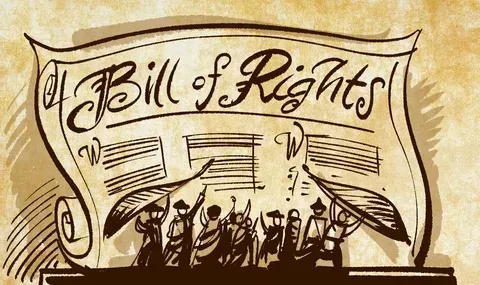What is a Matrimonial Early Settlement Panel (MESP)?

One of the earlier steps in the divorce process in New Jersey is the Matrimonial Early Settlement Panel (MESP). A Matrimonial Early Settlement Panel is a group of experienced family law attorneys who are appointed by the court to hear divorce cases. The panel consists of two to three attorneys who have been practicing family law for at least five years. The panelists are not associated with either party, which ensures impartiality during the process.
The MESP process typically occurs after discovery is complete, but before trial. Both parties are required to submit written statements to the panel prior to the hearing, which include a summary of the case and the issues in dispute. The panelists review these statements before the hearing, so they have a good understanding of the case before they begin.
During the hearing, both parties and their attorneys will present their arguments to the panelists. The panelists will then make recommendations for a settlement based on their assessment of the case. The recommendations are non-binding, which means that the parties are not required to accept them. However, the recommendations are often helpful in reaching a settlement because they provide an objective and experienced perspective.
If the couple is able to reach an agreement during the MESP mediation, the panel will draft a written Memorandum of Understanding (MOU) that outlines the terms of the settlement. The MOU is not a legally binding document, but it serves as the basis for the couple's final divorce agreement.
After the MESP mediation, the couple must file their divorce complaint with the court and provide a copy of the MOU to the judge. The judge will review the MOU and determine whether the terms of the settlement are fair and reasonable. If the judge approves the MOU, he or she will incorporate it into the couple's final divorce judgment.
If the couple is unable to reach an agreement during the MESP mediation, they will proceed to litigation. The MESP mediation process is not mandatory, but it is highly recommended for couples who want to avoid the time, expense, and emotional toll of a contested divorce.
It is important to note that the MESP mediation process is confidential. Anything discussed during the mediation cannot be used against either party in court if they do proceed to litigation. This confidentiality encourages both parties to be open and honest during the mediation and to work towards a mutually beneficial settlement agreement.
In summary, the MESP mediation process is an effective way for couples in New Jersey to reach a settlement agreement and avoid the stress and expense of a contested divorce. If the couple is able to reach an agreement during the mediation, the terms will be reviewed by a judge and incorporated into their final divorce judgment. If the couple is unable to reach an agreement, they will proceed to litigation.
What does a lawyer do?
A lawyer can be an invaluable resource during an MESP mediation in New Jersey. Here are some of the ways in which a lawyer can help:
1. Explain the process: A lawyer can help the client understand the MESP mediation process and what to expect during the meeting. The lawyer can also explain the legal issues at stake, such as child custody, support, and property division.
2. Represent the client: A lawyer can represent the client during the MESP mediation and advocate for their interests. The lawyer can help the client articulate their position on each issue and negotiate a settlement agreement that is in their best interest.
3. Provide legal advice: A lawyer can provide legal advice to the client during the MESP mediation. The lawyer can help the client understand the legal implications of each proposed settlement and advise them on their rights and obligations under New Jersey law.
4. Draft the MOU: If the couple reaches an agreement during the MESP mediation, the lawyer can draft the Memorandum of Understanding (MOU) that outlines the terms of the settlement. This document will serve as the basis for the couple's final divorce agreement.
5. Review the final agreement: Once the MOU is approved by the judge and incorporated into the final divorce judgment, the lawyer can review the final agreement to ensure that it accurately reflects the terms of the settlement and protects the client's interests.
6. Prepare for litigation: If the couple is unable to reach an agreement during the MESP mediation, the lawyer can help the client prepare for litigation. This may involve gathering evidence, preparing legal arguments, and advocating for the client in court.
Overall, a lawyer can provide invaluable guidance and support during an MESP mediation in New Jersey. Whether the couple reaches an agreement or proceeds to litigation, a skilled lawyer can help ensure that the client's interests are protected and that their legal rights are upheld.
More News & Resources











